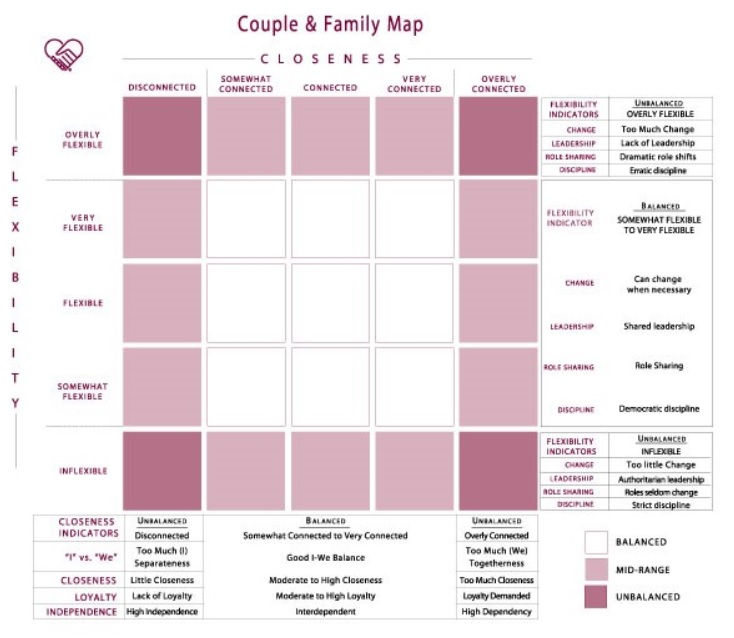Task and Time Management and Productivity Skills
- rogerlinpsyd
- May 23, 2022
- 3 min read
Updated: Jun 1, 2022
1. Set goals
Goal-setting allows you to clearly state your end goal. Set both long- and short-term goals so you know exactly what you need to do to accomplish your goals.
2. Prioritize
Rank your goals in order of importance. Set up a system to prioritize your goals such as: "urgent, priority, non-negotiable, flexible, free time".
3. Organize, Plan, and Schedule
Maintain a clear picture of your goals by organizing your priorities. Plan out your day, week, month, and year. Keep a schedule calendar. Write in each task and schedule a time for each. Give your best time and energy to your priorities and non-negotiables, then add in the rest of your tasks. It may feel too rigid to schedule your free time, but it's an effective strategy to increase your productivity.
4. Leave room in the margins
As much as we plan, unexpected things happen in life. If a task takes you 45 minutes, schedule an hour. Schedule in buffer time in between tasks, for breaks, and traffic.
5. Delegate
You can't do everything. It's a healthy to reach out to others and ask for help. Find a task you can ask someone to help you with such as chores, projects, childcare.
6. Communicate
Communicate clearly and frequently to people to make your plans and goals clear. People can provide support and reminders. Communicating well also allows you the opportunity to delegate.
7. Manage stress
Reducing stress in a proactive way can help you stay motivated and function at a high level. You can do this by scheduling in breaks throughout your day. Take advantage of the natural transitions throughout the day: when you wake up/before you go to sleep, meals, and commute times to decompress and transition to the next part of your day.
8. Increase focus
Practice giving your undivided attention to one task at a time. If you have to multi-task, prioritize each task from most important to least important. Remove distractions such as devices, noise, and interruptions.
9. Set boundaries
Practice saying 'no" to extra tasks when you have a full schedule. Set time limits to your tasks and keep to your schedule.
10. Start
For many people, the biggest obstacle they face is simply getting started. Have a "do it anyways" mindset. No matter how you feel, no matter what excuses you make, do it anyways. Schedule your day and when the next scheduled task comes up, do it. Focus your attention and energy to initiate your task.
11. Increase energy Eat healthy food. Get regular sleep. Exercise regularly. Rest, simply sit and do nothing for 10 minutes to recharge.
12. Clean and organize your physical space
Clean your bathroom and kitchen. Vacuum, mop, sweep the floors. Do your laundry and organize your wardrobe. Wash and clean out your car. Purge closets and rooms throughout the house. Clear you desk. Make your bed. It's a parallel process. It is difficult to be productive when you are working in a messy environment. As you organize your physical space, you will build momentum to engage with your tasks.
13. Process your emotions
Practice identifying how you are feeling and how that is affecting your ability to engage with your tasks. Emotions can often be irrational, and we end up doing something we don't want to do. Be emotionally self-aware so you don't get stuck in a negative unproductive mood.
14. Stay motivated.
Write down your goals and stick on your wall so you stay focused on what you want to accomplish. Take a moment check off a task once you complete it. Reward yourself after you've completed a task. Receive positive reinforcement from your family and friends. Aim to learn something new each day.
15. Set healthy routines
Write out your ideal morning routine, meal routines for breakfast, lunch, dinner, snacks, work routines, exercise routines, self-care activity routines, and bedtime routines. We are habitual creatures, so we want to address bad habits and set productive routines.
16. Evaluate Practice reflecting on your day, week, month, year, and life. Time is linear, and we are moving forward, so it takes intentional effort to look back to evaluate how we are doing. Use this list to evaluate and practice your task and time management and productivity skills.

Comments